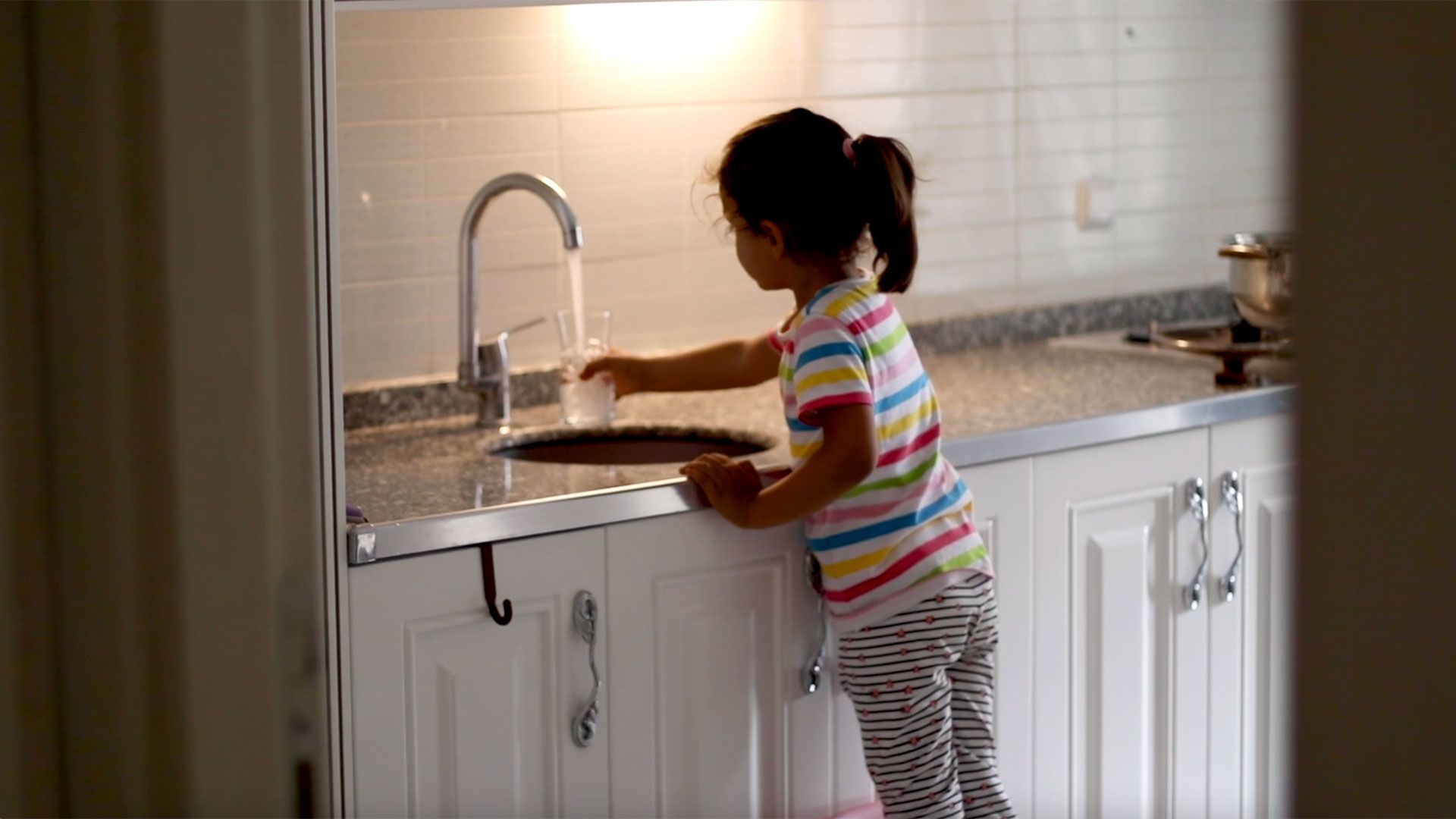Continuing
The Dream
School of Nursing Brings MLK Programs
to Communities in Need

EEqual rights activist Martin Luther King Jr. recognized that social justice could not be achieved without environmental justice—the universal right to live, work, learn, play, and pray in a safe environment. In service of King’s vision and Rutgers University in Camden’s mission to advance health equity, the School of Nursing–Camden partnered with the Division of Diversity, Inclusion and Civic Engagement this Martin Luther King Jr. Day to host a day of service dedicated to fighting public health threats in Camden’s public housing communities.

“The neighborhood where you live has an enormous impact on your ability to access quality care and maintain good health,” said Tyshaneka Saffold, assistant professor and principal investigator for the AmeriCorps grant. “Over the past few years, we have been working to change that through our health center and pop-up clinics throughout the region. We’re thrilled to use this grant to tackle new challenges in the public-health space.”
The day of service took place at Cramer Hill Community Center from 9 a.m. to noon, where volunteers from Rutgers–Camden, the City of Camden, and the Office of the Mayor led a neighborhood cleanup. Inside the center, School of Nursing–Camden faculty and students held a health fair, where residents of the Branches of Centerville, Ablett Village, and all Camden Housing Authority units could learn about the health consequences of lead poisoning and air pollution.
Health outcomes in southern New Jersey rank among the lowest in the state. The results of a needs survey across the state revealed that lower educational attainment, employment rates, and income levels were associated with poorer health outcomes and shorter life spans. A key part of the problem, Saffold said, is that the five unhealthiest New Jersey counties, including Camden, lack enough safe and affordable housing for low-income residents.

Tyshaneka Saffold, assistant professor at Rutgers School of Nursing–Camden
Tyshaneka Saffold, assistant professor at Rutgers School of Nursing–Camden
“It is unacceptable that so many individuals and families face barriers to health due to a limited housing budget.”
– Tyshaneka Saffold

Houses in low-income areas are more likely to contain lead in their paint, pipes, or faucets. On Tuesday, January 17, Rutgers–Camden nursing students held a health fair designed to educate public-housing residents on lead poisoning, which can cause brain damage and impede child development. Nursing students prepared educational materials and activity books on lead abatement (in both English and Spanish) and distributed lead testing kits to parents.
“Lead Is toxic to everyone, but it is much more harmful to young children, whose smaller bodies absorb and retain it more readily,” said Marie O’Toole, interim dean of the School of Nursing–Camden. “We want to give families the tools they need to ensure the safety of their home, which will enable them to have a better quality of life and expand their earning potential.”
Low-income communities also experience higher concentrations of air pollution. Residents who attended the health fair learned about the effects of air pollution on health and how to advocate for better air quality in their neighborhoods.
“It is really about increasing their understanding of the air quality regulations in place, how we monitor air pollution, and what can be done. For example, if a tractor-trailer is parked in front of a bodega to order food, it should not be kept running,” said Saffold. “People do not know that they should be reporting these violations. They don’t know that it is an issue—one that is affecting their health and the health of their loved ones.”

Attendees were able to access all health services typically offered by the School of Nursing–Camden health centers, such as blood-pressure screenings, blood-sugar testing, and counseling.
The experience provided students the opportunity to practice complex care, thus creating a pipeline of skilled and culturally competent public-health professionals. She hopes the initiative will serve as a cost-effective model fit for adoption in other underserved, environmentally overburdened communities throughout the country.
“It is important we continue to work together to improve the health and lived-in environment of our community members here in Camden,” Saffold said. “Our neighbors need our help. It is critical we show up for them. This work needs to continue every day.”


Creative Design: Douglas Shelton